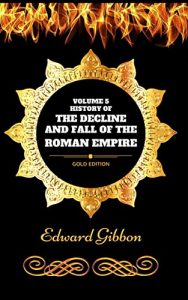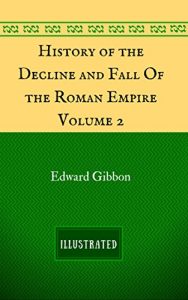"I set out upon Gibbon's Decline and Fall of the Roman Empire [and] was immediately dominated by both the story and the style," recalled Winston Churchill. "I devoured Gibbon. I rode triumphantly through it from end to end and enjoyed it all....I was not even estranged by his naughty footnotes." In the two centuries since its completion, Gibbon's magnum opus--which encompasses some thirteen hundred years as it swings across Europe, North Africa, and Asia--has refused to go the way of many "classics" and grow musty on the shelves. "Gibbon is a landmark and a signpost--a landmark of human achievement: and a signpost because the social convulsions of the Roman Empire as described by him sometimes prefigure and indicate convulsions which shake the whole world today," wrote E.M. Forster. Never far below the surface of the magnificent narrative lies the author's wit and sweeping irony, exemplified by Gibbon's famous definition of history as "little more than the register of the crimes, follies and misfortunes of mankind."
The third volume contains chapters forty-nine through seventy-one of The Decline and Fall of the Roman Empire.
The third volume contains chapters forty-nine through seventy-one of The Decline and Fall of the Roman Empire.












